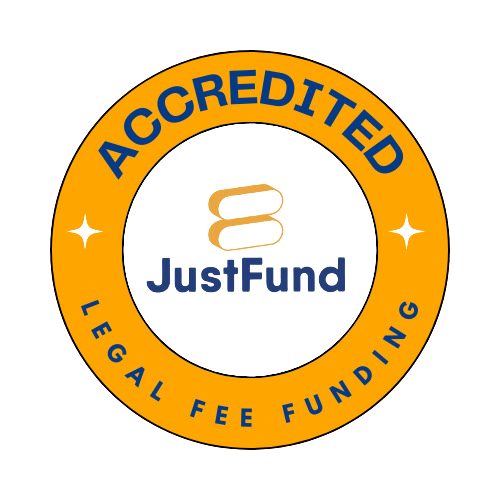If you, or someone you care about, is considering moving into a retirement village, good legal advice can help you navigate the process.
Retirement villages are not simply a place to live, they provide a lifestyle designed for people in their later years, with services, facilities, and a community tailored to their needs. But if you or a loved one are considering a move, be prepared for the process to feel unfamiliar and, at times overwhelming.
To help you make an informed decision, the law requires retirement village operators (“Operators”) to give every prospective resident (“Resident”) a set of key documents before any agreement is signed. These documents explain your rights, outline how the village is run, and make sure you understand exactly what you’re agreeing to.
What you should receive
Before you sign anything, the Operator must provide:
· A copy of the occupation right agreement
· The Residents’ Code of Rights
· A disclosure statement compliant with legislation
· The Retirement Villages Code of Practice
Here’s what each of these covers and why they matter.
Occupation Right Agreement (ORA)
The Occupation Right Agreement (often called an ORA) is the main contract between you and the Operator. It sets out your right to live in a unit or home within the village and explains the terms and conditions of that arrangement.
This agreement must be written in plain, easy-to-understand language. You’re also required to get independent legal advice before signing, and your solicitor must witness your signature. That step is there to protect you, ensuring you fully understand your rights and obligations before committing.
Residents’ Code of Rights
The Code of Residents’ Rights outlines the minimum rights you’re entitled to as a resident. It covers things like the services and benefits you can expect, how you’ll be consulted on key decisions, how to access information, and how to make a complaint if something goes wrong.
Importantly, the Code guarantees that you’ll be treated with courtesy and respect by the Operator, village staff, and service providers.
If the Code isn’t yet in force when you’re signing your agreement, the Operator must provide a written statement explaining this and confirming when it will come into effect.
Disclosure Statement
The disclosure statement gives you essential background information about the village. It includes details about who owns and manages it, how it’s supervised, the village’s current condition, and any estimated financial returns.
This statement must meet the standards set out in the Retirement Villages Act 2003 and is designed to give you a transparent picture of the village before you decide to move in.
Retirement Villages Code of Practice
The Retirement Villages Code of Practice 2008, administered by the Ministry of Housing and Urban Development, sets the minimum standards every Operator must meet.
It covers policies around safety and personal security, as well as practical matters such as lighting, heating, and the facilities available within the village. In short, it sets the baseline for how the village should operate and what you should be able to expect as a resident.
Making a confident decision
There’s a lot to think about when moving into a retirement village, and the substantial volume of paperwork to read through and understand can feel daunting. But each of these documents is there to protect you and ensure you have the information you need to make the right decision for your future.
At Denham Bramwell, we regularly help individuals and families navigate this process. We’ll guide you through the documentation, explain what it means for you, and support you in making confident, well-informed decisions about your next chapter.
Other posts
.png)
Relationship property law
Why is full financial disclosure essential in separation and relationship property agreements?
Lawyers would ask for “full disclosure” of your financial position when drawing up a relationship property agreement. We explore what this means and the consequences of non-compliance.

Family law
Guardianship decisions and relocation: when can a parent move with a child?
In New Zealand, decisions about where a child lives are considered guardianship decisions, so the decision must be made jointly by all guardians, usually the child’s parents.
.png)
Property law
A guide to the 5 most common purchaser conditions in Residential Sale and Purchase Agreements
Having the right conditions in your Residential Property Sale and Purchase agreement can save you a lot of unnecessary stress, money, and surprises later on.
We have offices in Manukau, Albany and Whangaparaoa
Reach out to our team for your legal needs
.png)









